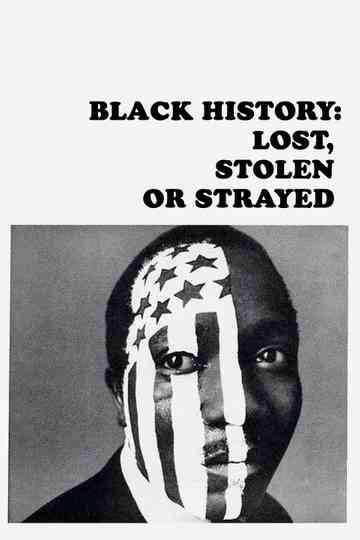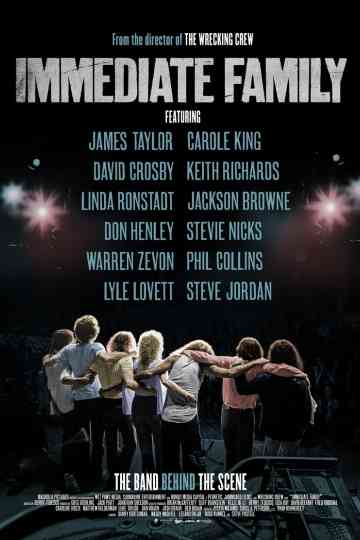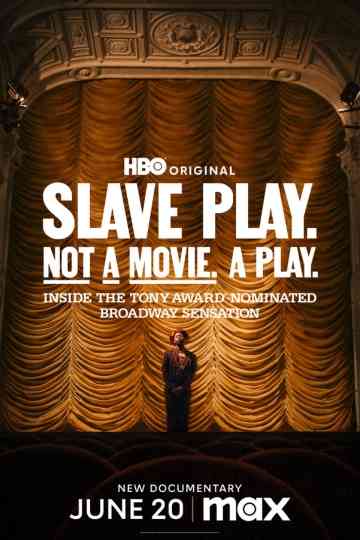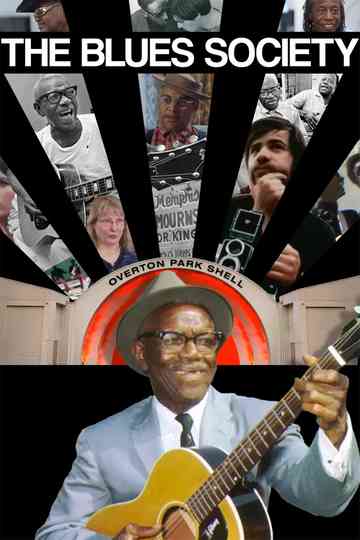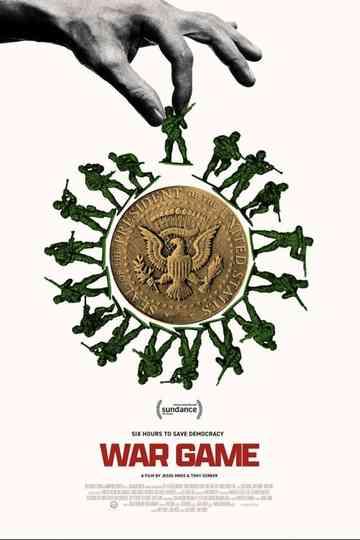Eager to watch 'Black History: Lost, Stolen or Strayed' right from your couch? Searching for a streaming service to buy, rent, download, or watch the -directed movie via subscription can be a challenge, so we here at Moviefone want to take the pressure off.
Below, you'll find a number of top-tier streaming and cable services - including rental, purchase, and subscription choices - along with the availability of 'Black History: Lost, Stolen or Strayed' on each platform when they are available. Now, before we get into the nitty-gritty of how you can watch 'Black History: Lost, Stolen or Strayed' right now, here are some details about the CBS documentary flick.
Black History: Lost, Stolen or Strayed starring Bill Cosby has a Not Rated rating, a runtime of about 51 min, and a scheduled release date of August 31st, 1968.
Here’s what’s going on in this one... Here's the plot: "A documentary that reviews the numerous contributions of African-Americans to the development of the United States. From the perspective of the turbulent late 1960s, the fact that their positive roles had not generally been taught as part of American history, coupled with the pervasiveness of derogatory stereotypes, was evidence of how Black people had long been victims of negative attitudes and ignorance." .

Freakier Friday

Monster: The Ed Gein Story

Predator: Badlands

Five Nights at Freddy's 2

TRON: Ares

Dead Man's Wire

Shadow Force

Frankenstein

Murderbot

Scream 7

IT: Welcome to Derry

Percy Jackson and the Olympians
Avatar: Fire and Ash

Stranger Things
